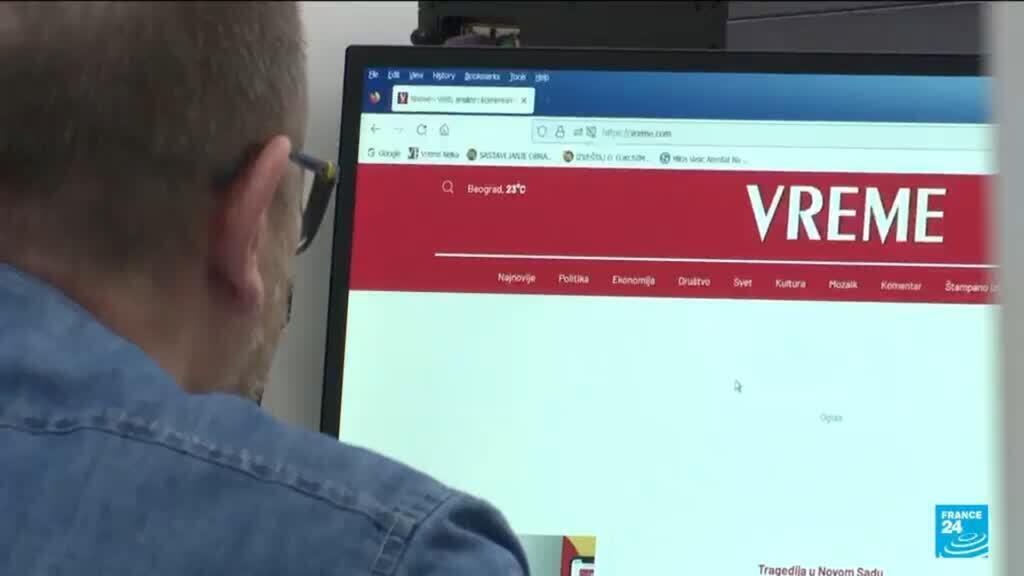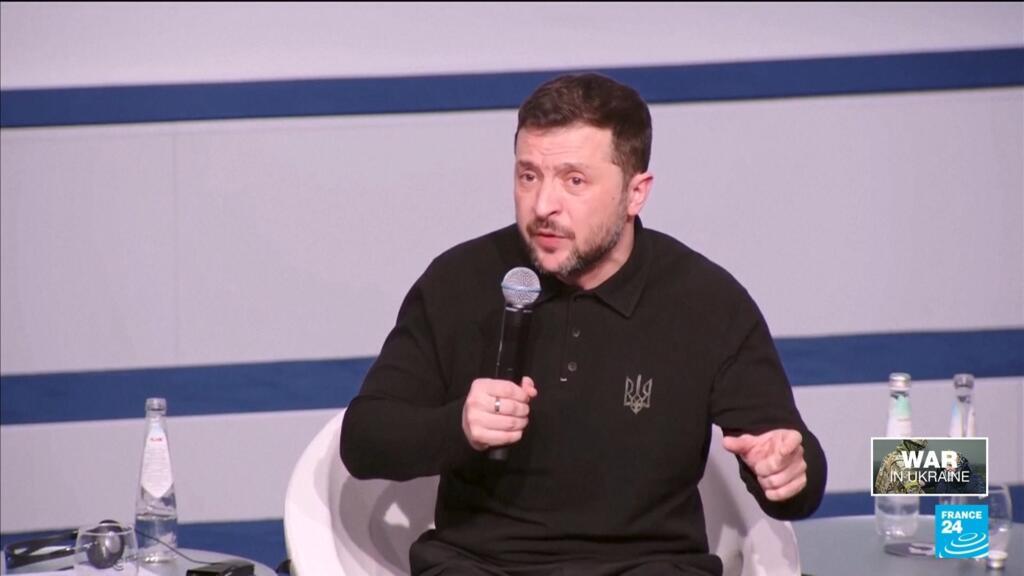Press freedom is under increasing threat in Serbia, particularly as the government led by President Aleksandar Vucic is reportedly intensifying its efforts to suppress independent journalism. Reports indicate that Vucic's administration is specifically targeting what it deems "anti-Serbian" media sources. This trend has escalated over the past months, drawing significant concern from various human rights organizations and advocacy groups dedicated to media freedom.
Serbia has seen a wave of mass protests over the last six months, with demonstrators rallying against allegations of corruption and autocratic governance. These protests have largely focused on the actions of the Vucic regime, with thousands of citizens taking to the streets to voice their frustrations. Many participants argue that the government’s actions have compromised fundamental democratic freedoms, including freedom of the press.
The erosion of press freedom in Serbia is accompanied by escalating hostility towards independent journalists. Numerous reports have highlighted incidents of harassment, intimidation, and violence against media personnel. Independent journalists face increasing pressure to self-censor due to fears of potential repercussions from the government. Furthermore, several media outlets that report critically on the government's actions have either been pressured into silence or have faced severe repercussions, including threats and discrimination.
In response to the ongoing protests, Vucic’s government has attempted to portray the demonstrations as instigated by foreign forces, a tactic that echoes rhetoric used by authoritarian regimes to delegitimize dissent. This claim has been met with skepticism by many citizens, who view the protests as a legitimate expression of discontent with the government’s conduct. The systemic targeting of media outlets that provide a platform for dissenting voices has thus become a focal point of the unrest.
The international community has also expressed concern over the state of press freedom in Serbia. Various organizations dedicated to protecting journalists have characterized the attacks and harassment as part of a broader authoritarian trend in the region. As a candidate for European Union membership, Serbia's deteriorating media environment raises questions about its commitment to democratic principles and the rule of law, critical components for any potential accession to the EU.
In conclusion, the current political landscape in Serbia is marked by a significant struggle between government authorities and advocates for press freedom. As protests continue to unfold and the government persists in its efforts to silence dissent, the role of independent media remains crucial. Observers both domestically and internationally are closely watching how this situation will evolve, particularly in light of Serbia's ambitions to join the European Union. The fate of journalistic freedom in the country sits at a precarious intersection, highlighting the enduring importance of free and independent media in protecting democracy.
```











